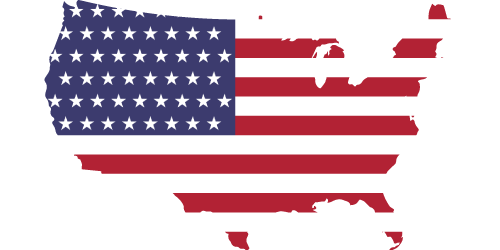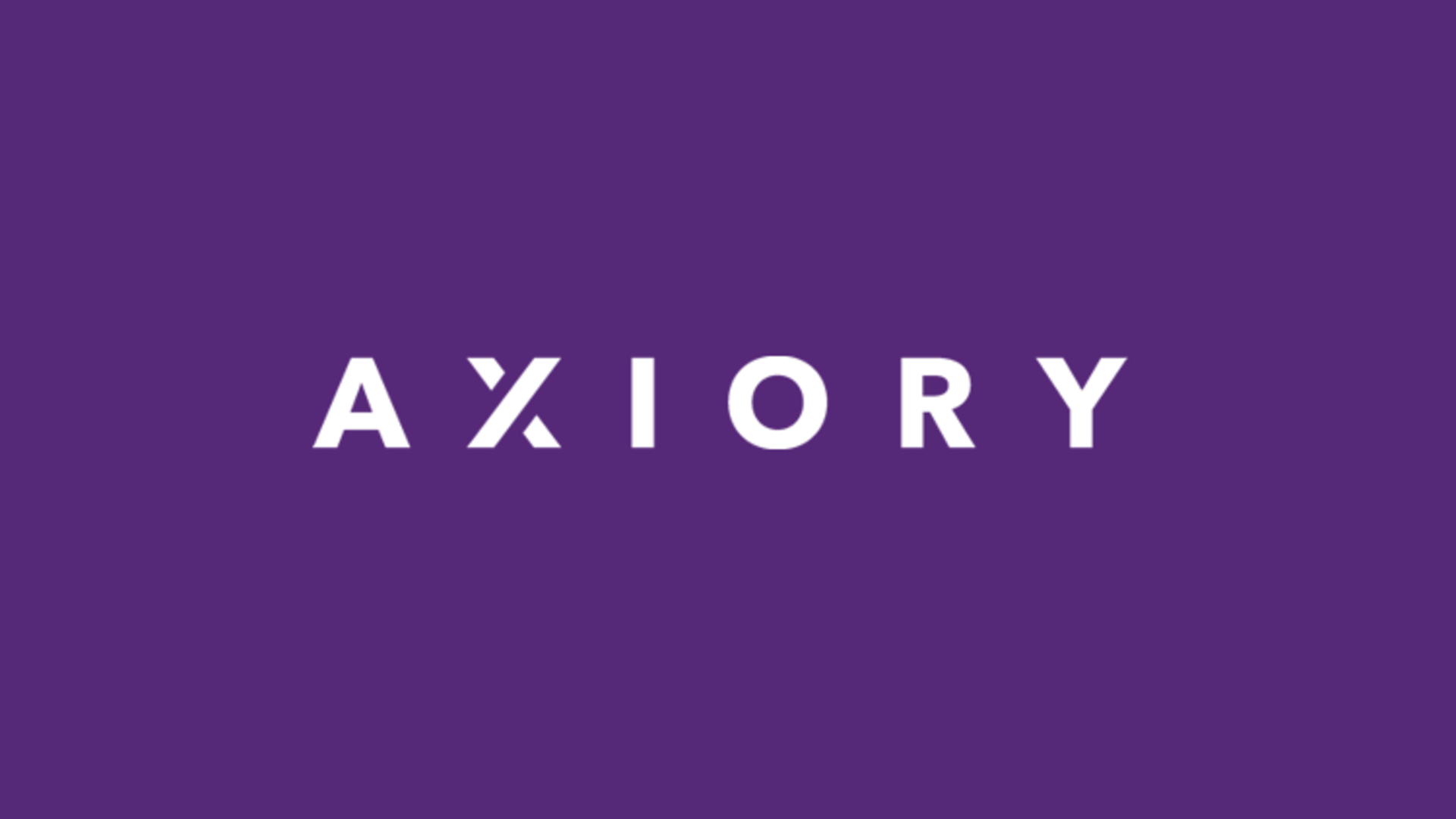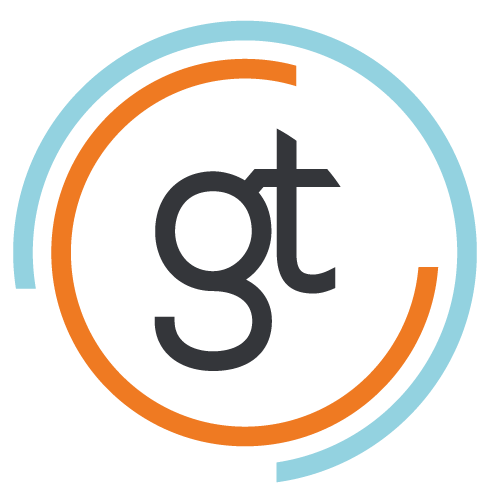The United States of America is considered to be the most powerful economy in the world. The country is known for having a lot of people involved in Forex trading, but there are not many regulated brokers which is a bit of a surprise for the state, having the strongest currency in the world.
When it comes to choosing the US Forex brokers, the first thing you should look for is the regulation and the trading conditions. Otherwise, you are at risk of being scammed, which is not a novelty in the Forex market. With many good brokers, scam brokers are also present. In this article, we will provide a comprehensive guide about main regulatory boards in the United States, as well as, rules and requirements for a broker to apply for the license.
A brief overview
In the United States of America, derivative financial instruments whose underlying assets are currency quotes obtained from trading on the interbank Forex market are mainly offered by a Futures Commission Merchant (FCM) licensed brokers and retail Forex dealers with Retail Foreign Exchange Dealer (RFED).
In the United States, there is a historical distribution of regulatory areas, according to which the derivatives market is mainly under the jurisdiction of the Commodity Futures Trading Commission (CFTC) and the self-regulatory organization – the National Futures Association (NFA). FCM and RFED obtain a CFTC license and become members of the NFA self-regulatory organization. Regulators set the minimum amount of the company’s own funds, which today should be at least 22 million US dollars. In addition, companies are required to maintain their funds in the amount of five per cent of their obligations in excess of the minimum amount. FCM and RFED are also subject to requirements regarding the availability of internal documents and policies governing internal control, risk management, detailing customer relationships, and the presence of a controller (compliance officer).
An important feature of the work of the USA Forex brokers is that when concluding an agreement, the client is presented with a risk notification form for signing, the text of which must be approved by the regulator. In addition to the general prohibition of fraudulent actions, in the USA there are a number of specific prohibitions, for example, for conducting transactions at non-market prices, widening the spread between the bid and ask prices, as well as a direct ban on concluding transactions for which permission has not been received from the client indicating transaction, instrument and volume. FCM and RFED are required to submit financial documentation and regulatory compliance information to their respective CFTC and NFA units in the form of annual and periodic reports. The NFA, in turn, conducts annual audits of all FCMs and RFEDs.
In addition to the standards and rules established by regulators in relation to transactions with derivatives, the United States has a FORTRESS system (Forex Transaction Reporting Execution Surveillance System), which is used by the NFA as a tool to automatically analyze the activities of the Forex brokers USA and identify violations. This system captures all client transactions and functions as a single registry. The report on the completed trading operation contains all its main characteristics, such as time, quotes, by which the transaction was opened and closed, trading volume and others, which provides the regulator with the opportunity to find deviations from normal market conditions automatically.
The requirements for capital, the range of operations available to different types of clients, the size of margin leverage allowed for clients, the regulatory and enforcement policies are different for FCM and RFED, on the one hand, and brokers – dealers who conduct operations in the stock market, on the other. The SEC Interim Rule (U.S. Securities and Exchange Commission) allows registered Forex brokers in USA also to offer retail (over-the-counter) Forex services.
An integral characteristic of the American regulatory system is the rule that sets a limit on the amount of leverage granted to retail Forex customers. It can be assumed that this particular restriction leads to some stagnation of the industry in the United States since the lack of great opportunities associated with margin lending deprives OTC Forex of its main advantage and does not distinguish it from other financial markets. Currently, the total liabilities of companies offering retail customers trading services in the OTC segment of the Forex market to customers in the United States, according to various estimates, are about $800 million. Most of this amount falls on the obligations of the five largest companies, the number of active customers of which is from 20 to 100 thousand people.
US Forex market
In the United States of America, the culture of currency trading has been formed for a long time, a variety of traditions and features have formed, and the population is almost without exception, one way or another, connected with working in the market. Therefore, Forex brokers for US clients are the most developed in the world, and there are objective reasons for that.
XM
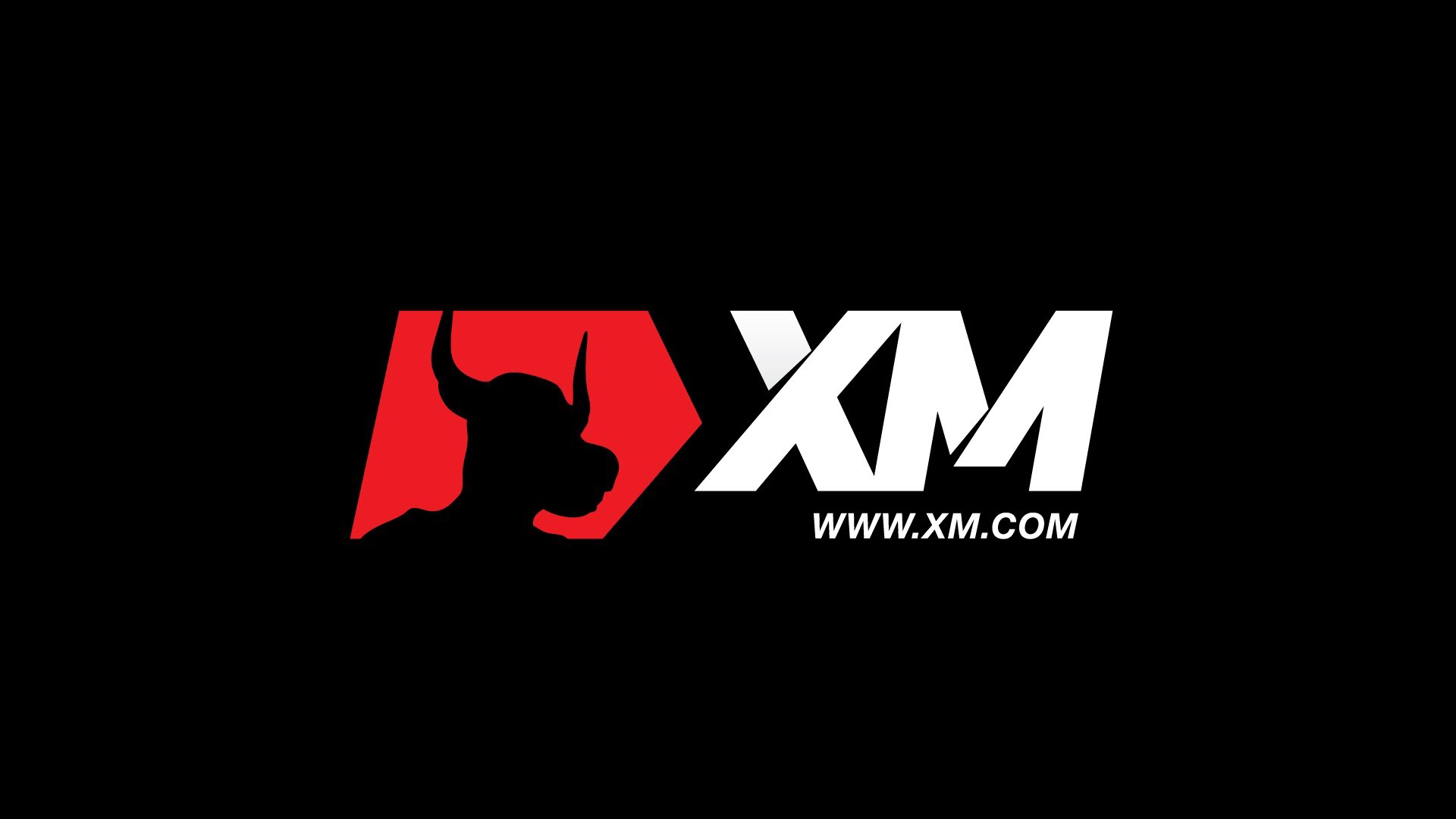

Min. Depo
$5

Licences
FCA, CySEC, IFSC, ASIC, DFSA

Leverage
1:888

Platforms
MT4, MT5, WebTrader
AvaTrade


Min. Depo
100 USD

Licences
ASIC, FSA, FSCA, FFAJ, FSRA, FSC

Leverage
400:1

Platforms
MT4, MT5
Exness
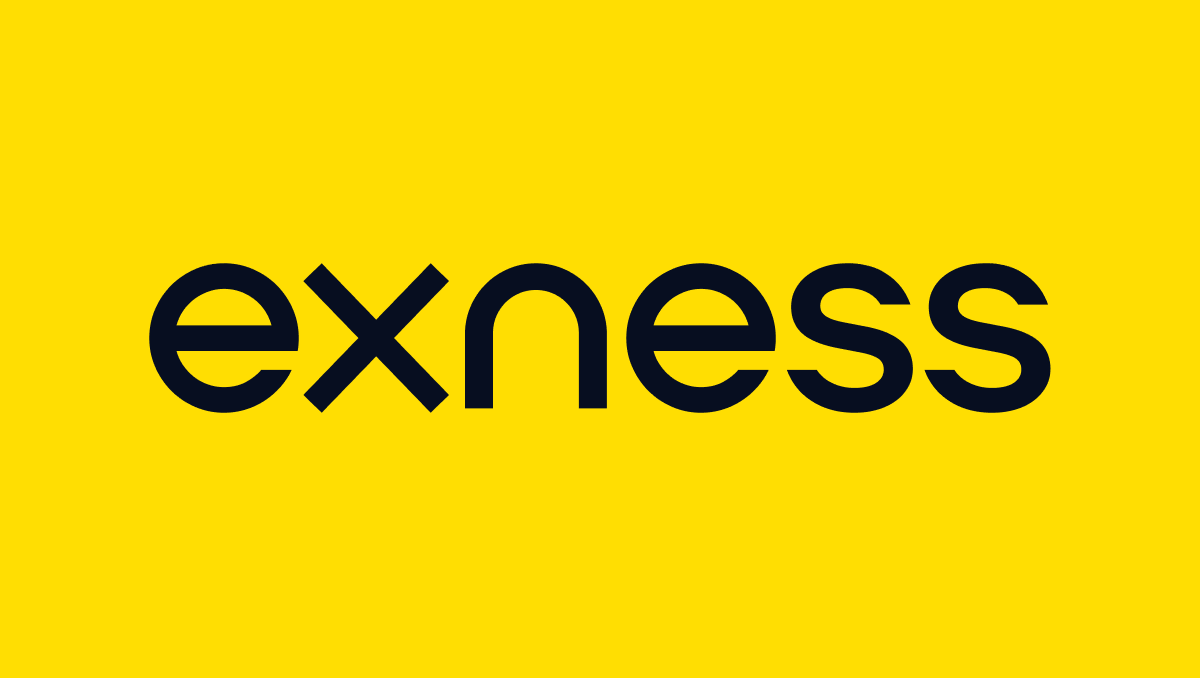

Min. Depo
$10

Licences
CySEC, FCA, SFSA

Leverage
1:2000

Platforms
MT4, MT5
FundedBull
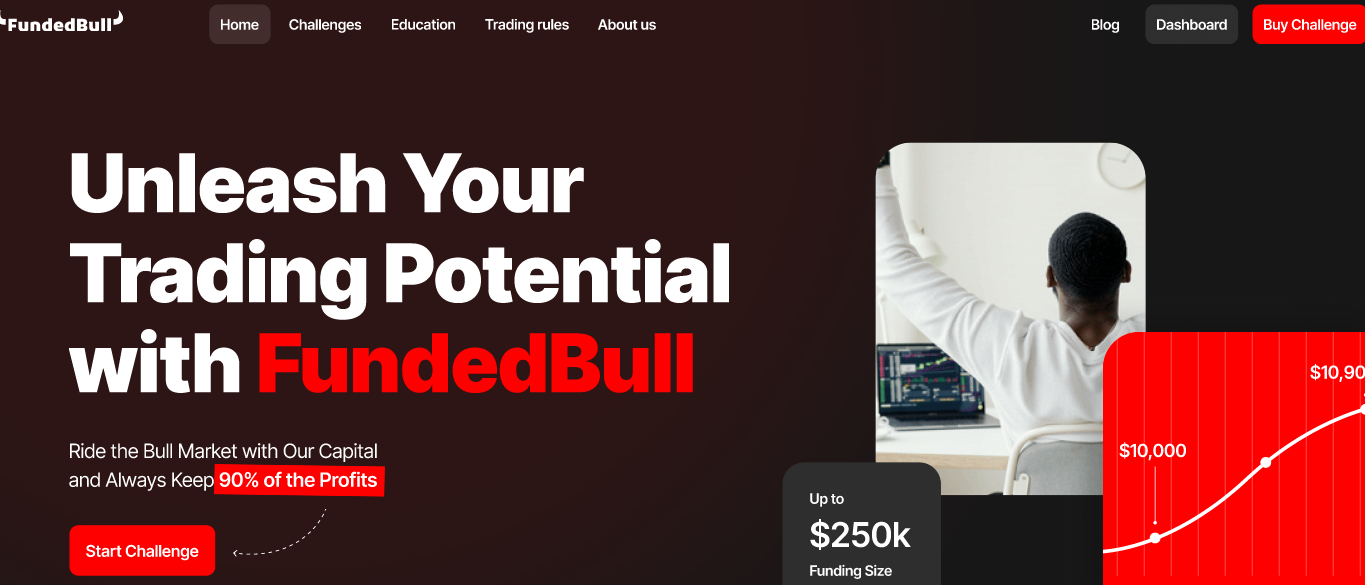

Min. Depo
49 USD

Licences
N/A

Leverage
N/A

Platforms
MT4, MT5, cTrader
Forex.com
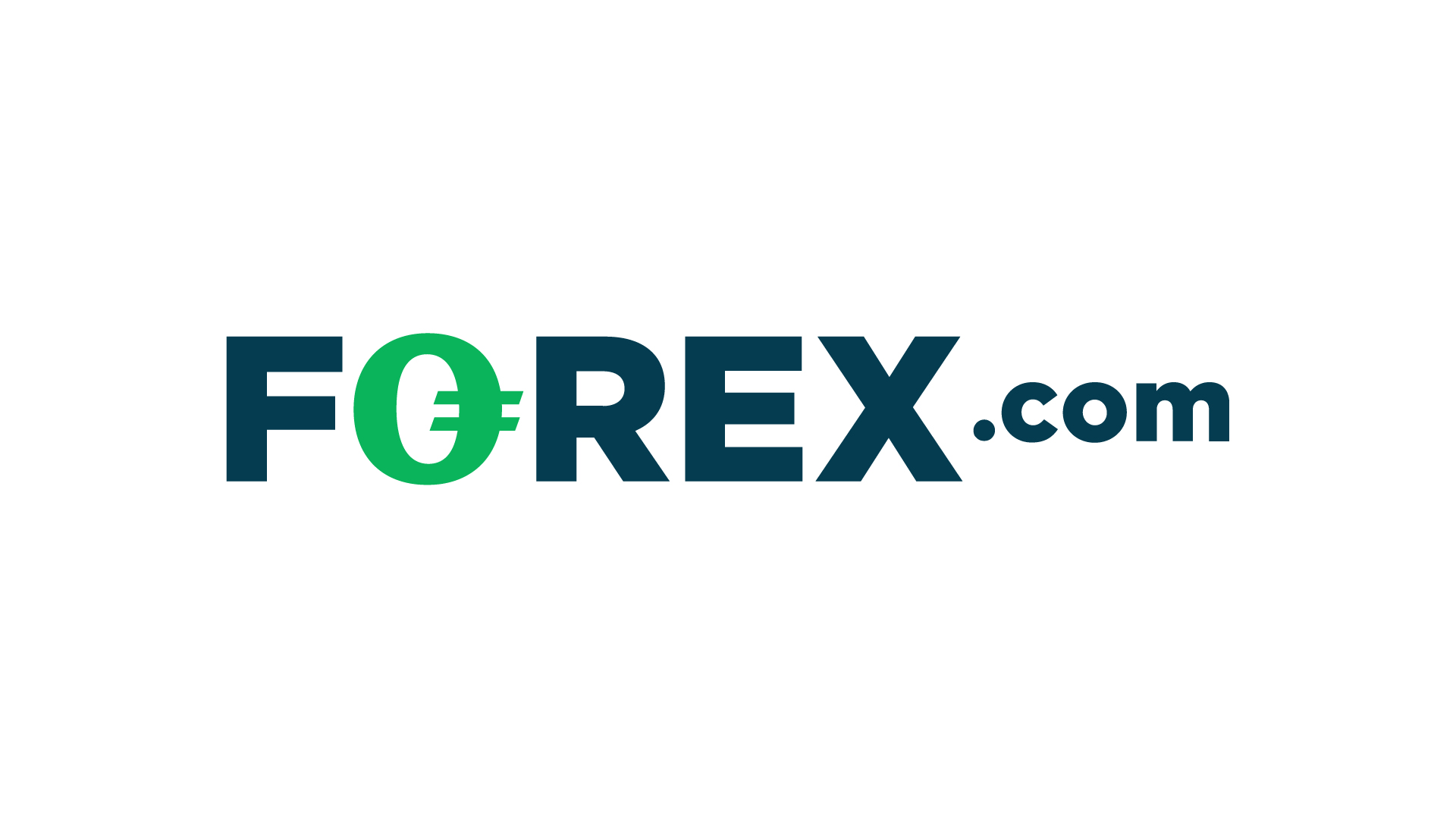

Min. Depo
$100

Licences
NFA, CFTC, FCA, FSA, IIROC and CIMA

Leverage
1:50

Platforms
WebTrader, MT4, MT5
CMTrading

Min. Depo
250 USD`

Licences
FSCA

Leverage
1:200

Platforms
MT4, WebTrader, Copykat
Plus500
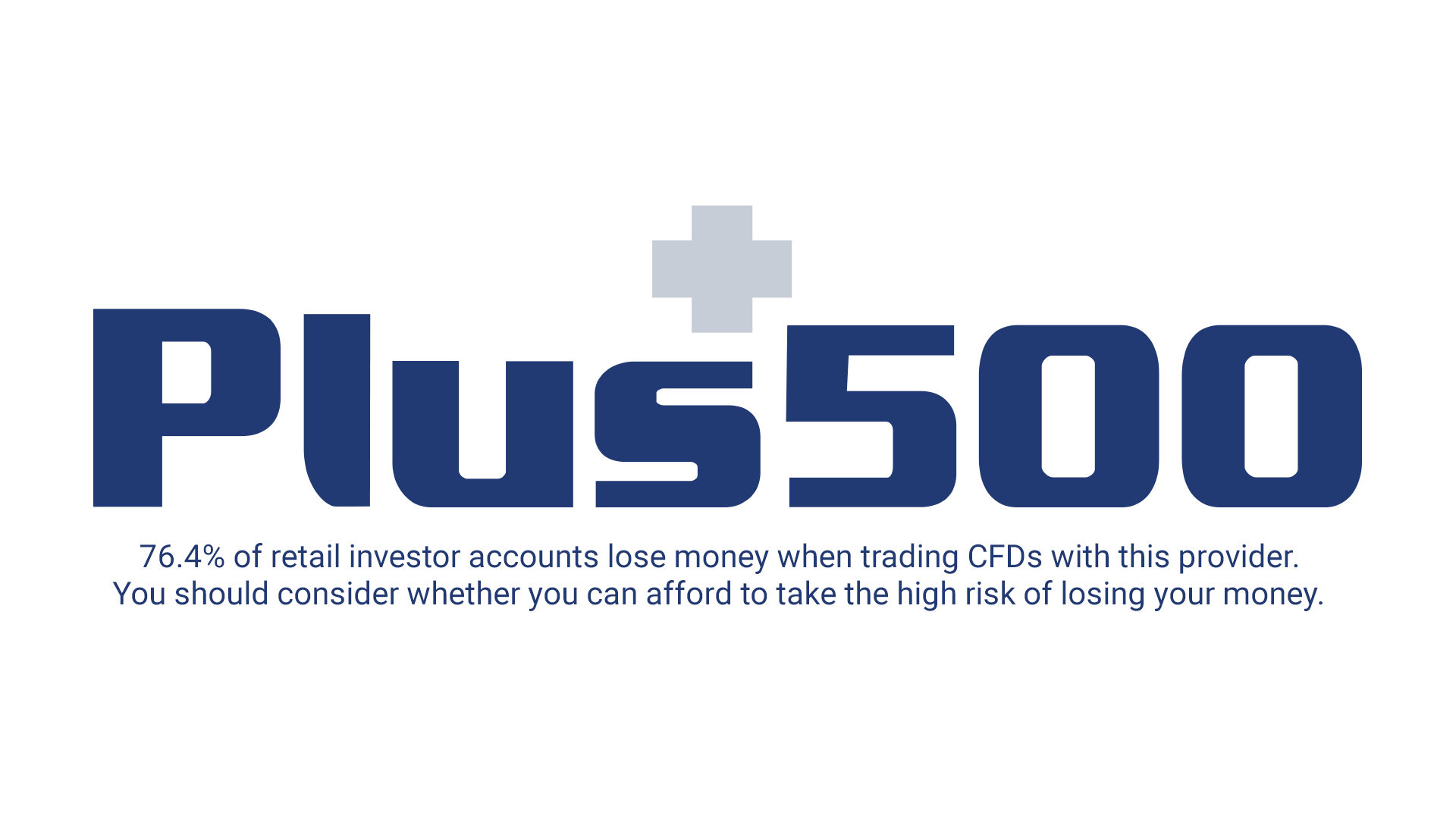

Min. Depo
$100

Licences
FCA, ASIC, CySEC, FSCA, FMA, MAS

Leverage
1:30

Platforms
WebTrader, Windows 10 Trader
How to start trading on the Forex market in the USA?
Americans rarely start speculating on insignificant amounts. Of course, not everyone can easily part with big money, despite the high average salaries. But, as you know, the higher the investment, the greater the return. And if another country a person may start trading at 100-500 dollars, then in the USA they will start with the sum of 25 thousand.
Most residents rarely held such large funds in their hands, many of them live off loans, getting rid of them only in old age. But they have a structured system that allows them to get out of credit bondage in a short period.
Best US Forex brokers provide any client with the opportunity to acquire quality education, after which they give money to start. Initially, trading operations are carried out under the strict guidance of the curator, and profit is calculated based on personal contribution. But if everything goes well, then in the future the beginner starts to work independently, and his or her income increases several times.
History of regulatory boards
 In 1974, the U.S. Congress established the Commodity Futures Trading Commission, a federal regulatory agency with jurisdiction in futures trading.
In 1974, the U.S. Congress established the Commodity Futures Trading Commission, a federal regulatory agency with jurisdiction in futures trading.
The same bill authorized the creation of registered futures associations, thereby opening up the possibility of creating self-regulatory organizations at the national level. So, in 1982, the NFA appeared.
In 2000 and 2008, Congress passed a series of laws for certain types of companies, requiring them to register with the CFTC and become members of the NFA.
In 2010, Congress passed the Dodd-Frank Wall Street Reform and Consumer Protection Act, which also gave the CFTC the right to control the swap market, swap dealers, and key players in the market. It was also an important act for Forex brokers for US traders.
The NFA
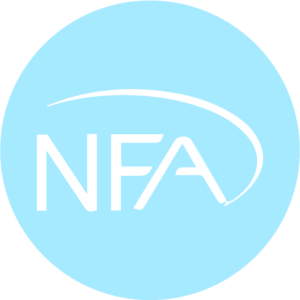 The National Futures Association is a self-regulatory organization for the US derivatives industry, including exchange-traded futures, over-the-counter currency (Forex) markets and swaps. NFA develops and implements rules and services aimed at ensuring the security and integrity of the market, as well as protecting investors.
The National Futures Association is a self-regulatory organization for the US derivatives industry, including exchange-traded futures, over-the-counter currency (Forex) markets and swaps. NFA develops and implements rules and services aimed at ensuring the security and integrity of the market, as well as protecting investors.
Membership in the NFA is mandatory for all companies operating in this market. Currently, the NFA has about 4,100 member firms and 57,000 registered specialists. The NFA is a non-profit, independent, self-regulatory organization, and is funded exclusively by membership fees.
Basic requirements of American regulators for a Forex broker
To work in the US foreign exchange market, a company must obtain an RFED (Retail Foreign Exchange Dealer) license, the issuance of which is accompanied by passing a series of exams to all the company’s senior staff, checking the sources of capital and personal information of the owners, etc. An RFED license lasts 1 to 2 years. A Forex broker for US clients must have a minimum net worth of $20 million. At the same time, the level of early warning is 150%. This means that the broker is required to maintain a capitalization level of at least $30 million. When it decreases, the broker must notify the NFA each time. The company is required to pay NFA annual membership fees of 125 thousand dollars. All reporting should be transparent, which requires the broker to publish in the public domain almost all information, for example, customer profitability and company account data. The maximum leverage allowed is 1:50.
The US currency regulatory features
 As mentioned above, currency regulation in the United States is one of the most stringent in the world: Forex brokers who do not have an RFED license do not have the right to offer their services to US citizens. Americans are allowed to use brokers exclusively with an RFED license. All company personnel are checked, up to physical addresses. Regulators pay the closest attention to accounts and capital flows, which virtually eliminates any shadow management of the broker through dummies.
As mentioned above, currency regulation in the United States is one of the most stringent in the world: Forex brokers who do not have an RFED license do not have the right to offer their services to US citizens. Americans are allowed to use brokers exclusively with an RFED license. All company personnel are checked, up to physical addresses. Regulators pay the closest attention to accounts and capital flows, which virtually eliminates any shadow management of the broker through dummies.
Forex brokers US are required to submit a huge amount of reporting on time. Regulators, in turn, without fail, carry out sudden inspections of companies without warning. One of the main differences from regulation in other countries is that in the event of bankruptcy of the company, no compensation for customer deposits is provided. Constant reporting – from weekly to annual – allows regulators to respond in a timely manner to any violation of customer rights. Even the most minor manipulations by the broker are severely suppressed, and a fine is imposed on the company.
In general, you need to understand that the activities of CFTC and NFA are traditionally focused on the stock market; therefore, for currency brokers, the rules and requirements of maximum stringency are applied. Therefore, Forex regulation in the United States can not be called comfortable for foreign exchange brokers.
How to choose a trusted Forex broker?
 Novice investors are considering how to choose the best FX broker. An investor should know some of the features of the Forex market. The Forex market is an over-the-counter market; that is, there is no specific place for which this market is assigned, unlike the stock market.
Novice investors are considering how to choose the best FX broker. An investor should know some of the features of the Forex market. The Forex market is an over-the-counter market; that is, there is no specific place for which this market is assigned, unlike the stock market.
Before starting work, the investor should study the conditions of work with a broker company, find out the size of commissions and other payments. One of the main criteria when choosing a broker is feedback on the work of this company. Of great importance is the term of intermediary and consulting activities of a brokerage company.
Unfortunately, in the US Forex market, many brokers do not fulfil their promises. As a rule, these are Forex brokers USA formed recently. There are several criteria to distinguish a reliable broker from a scam. Fraud brokers use expensive premises as an office. The site of such one-day companies is a template and simple, without specifying names.
Fraudsters often change their names, offices. The names of their companies make them very similar to the names of well-known companies with a name. For example, a difference in the name may be in one character. It is better not to work with such brokers. Super-profitable offers should also alert the potential investor.
NFA and CFTC Guides
Both the NFA and CFTC want Forex brokers to follow ethical business practices to protect US financial markets. According to the guidelines, brokers must have a current capital of at least $20 million. This is an increase in working capital needs, as brokers serve more customers. Be sure to have customer funds in separate accounts.
This limits the access of Forex brokers to the funds of traders. The Forex broker will not be able to use the funds of traders to cover their operating expenses.
If we are talking about the top US Forex brokers, they cannot interfere with price flows and trading platforms. The NFA imposes huge fines if any broker turns out to be a manipulative market. The NFA requires brokers to have a detailed procedure in the event of lawsuits, bankruptcy, or other liquidation processes. Forex brokers should also provide guaranteed customer service for customers.
When a trader requests withdrawal of funds, a regulated Forex broker of the USA must quickly process the request and does not have the right to withhold payments if the federal authority does not justify this. Traders must also comply with deposit requirements in accordance with anti-money laundering laws.
To ensure compliance with FX rules, all Forex brokers must periodically submit audit reports and financial statements to the NFA. This should contain tracking information for all transactions.
The NFA takes responsibility to monitor all activities to ensure compliance with NFA and CFTC rules.
Highly regulated Forex brokers are the best Forex brokers for US clients and provide a safer trading environment while protecting trading capital. Any broker who violates the rules will receive a license to suspend or terminate the license.
The importance of the Dodd-Frank Act in Forex
The Dodd-Frank Act is a legislative act (signed by Obama 07/07/2010) that provides for the most serious reform of Wall Street (changes in the regulation of the financial industry) after the Great Depression of 1929. The law was proposed by Barney Frank and Chris Dodd on December 2, 2009. The law entered into force on July 15, 2011.
The purpose of the law is to ensure US financial stability by improving transparency and accounting, eliminating the “too big to fail” situation, when taxpayers pay to save the bank and protect consumers of financial services from unfair banking practices.
The reason for the law was the events of 2008 when the US financial sector exploded as a result of many years of dishonest practices of banks, and the American economy lost 8 million jobs.
In connection with the new regulation, from July 15, US citizens are prohibited from trading precious metals off-exchange, including gold and silver. All positions at the end of the day will be forcibly closed. 90 days after the entry into force of the Dodd-Frank Act prohibits citizens and companies from conducting most of the operations in the OTC market (including the best US Forex broker entities in Forex).
 Stages of obtaining Forex license in the USA
Stages of obtaining Forex license in the USA
Top Forex brokers in USA have licenses. Below are the stages of obtaining them:
- Registration with the SEC.
- Registration in the management of the FINRA regulator.
- Register with SIPC.
- Registration broker at the state level.
- Registration with the National Futures Association and the Futures Trading Commission (for those planning to interact with these financial instruments).
It is worth noting that CFTC is a federal body whose directors are appointed personally by the president. It has existed since 1974 and is the most respectable, efficient and reliable on the whole planet. NFA is a private futures regulator, but clearance is necessary for both instances.
The company’s management personnel must pass the preliminary exams in forms 7 and 24. This stage identifies persons whose qualifications are insufficient to work with a US broker. In the case of futures trading, one more test in form 3 from Commodity Futures Exam is added to the listed ones. Passing the exam does not apply to employees in administrative positions, and applies only to professional staff.
In America, there are national domestic exchanges. If the applicant plans to work with them, he or she will need to be registered as a broker in each of the provided markets.
Without fulfilling the above points, the organization does not have the right to start a business. The process is expensive and takes a lot of time. According to the regulator, the passage of the stages takes from 1 year to 18 months. The cost of the process will be discussed in the next chapter.
The cost of the Forex license in the United States
The best Forex brokers in USA pay a certain amount of money for the license. It is recommended to apply for the license to new companies that have at least 3 years of experience in the securities market. Moreover, the profit of such an applicant must be at least $1 million annually. The full amount of the content of a new company in the USA makes up: a complete package of services for registration, taking into account all stages – from 1 million US dollars; Maintenance of the enterprise without taking into account state duties, payment of salaries, legal services – from 200 thousand in the same currency; Deposit of authorized capital – from 250 thousand dollars. This minimum level must be increased over time; Deposit of FINRA in the amount of 25 thousand dollars. The organization withholds this amount throughout the entire period of the broker’s existence as customer insurance.
Given the final summary of costs, many customers purchase ready-made companies with a license for Forex activity. This is no less an expensive task, but it saves time on the registration procedure. The list of ready-made organizations is published on special sites.

